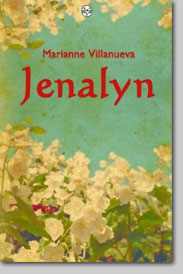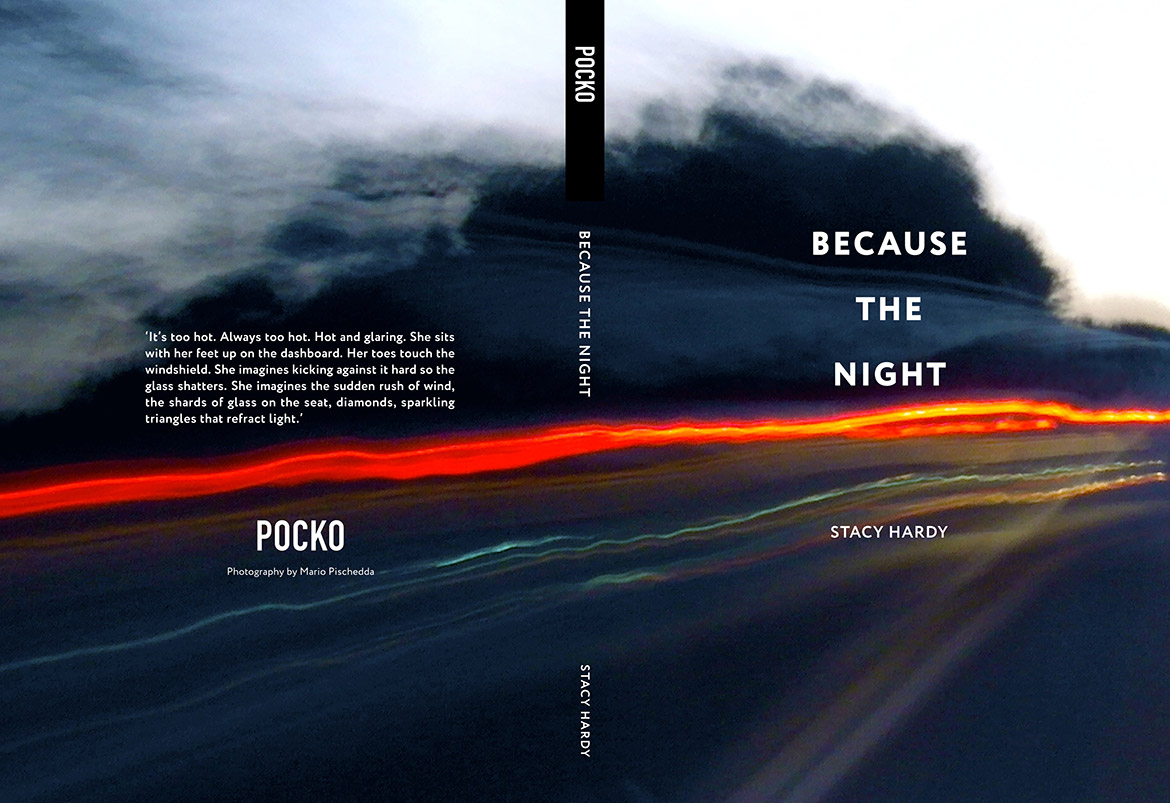Jenalyn by Marianne Villanueva
-Reviewed by Holly Jazz Kotzé–
Jenalyn is the eponymous story of a young woman from the Philippines and before I go any further with this review, I would just like to say, reading this just a week after the super-tornado Haiyan, how pertinent it is. In the story Jenalyn and her family are from the island of Cebu, which although not quite where the main disaster struck in Tacloban, has still been very much affected. How strange that I’d never even heard of these places before and suddenly I’m not only reading a novella that is set here but I’m also seeing in real life on my TV screen the very same places. I now know people who live there, the houses they grew up in, the streets they flirted with boys in, even if they are of a fabricated world. And now because of Haiyan, in the very brutally actual world, these places and these people may very well not exist any more. Even though they are fictional, it doesn’t mean they are not real. So I would just like to take a pause for thought for all those affected so close to the time of writing by the terrible disaster in that place, and that I have so intently read about in this novella and on news websites.
The story begins in present tense, modern-day America at a court hearing where Jenalyn is a key witness. The narrator, although in third person speaks with only Jenalyn’s understanding of what is occurring. There is a naivety and simplicity to the voice. The story switches to many different time frames; from Jenalyn’s young days as an adolescent in Cebu and her preoccupation with boys and clothes, to her days in Kansas living as a housewife to her American husband and to the present, at the trial of her husband.
The reader doesn’t know what Jenalyn’s husband is on trial for at first, in fact it takes a long time to fully understand it. You get snippets, and if you try to think for yourself outside of the narration of the years she spent in Kansas with her American husband as a bored, lonely housewife, raising their two children then you could probably work it out a lot quicker than Jenalyn ever did. But the point is, you don’t really think outside of the narrator. It reminds me of the way Rebecca is written by Daphne DuMaurier. A true test of a good writer is if they pull you so solely into how the narrator thinks and feels about things that you can’t see outside of that. The shy girl in a foreign place; oppressed by her own reluctance to question anything. Our heroine in Rebecca is intimidated by her new surroundings and husband, and is crippled by her insecurities but is ultimately likeable. In Jenalyn, although similar themes chime through her time in Kansas, it’s a little bit different. It’s not as simple as Jenalyn being a foreign girl overwhelmed by her new surroundings and a charmless husband. In fact, Jenalyn is a pushy, materialistic young girl and I found that as I was taken back to her story in Cebu I started to question the likeability of her at all. It pained me to lose sympathy because who else’s side was I supposed to take? Certainly not the husband on trial, but as a Western reader I had to acknowledge just what little understanding I have of Jenalyn’s culture and this is quite key to the whole story. I think if you are a Western reader and you find yourself losing understanding of Jenalyn’s actions back in Cebu then the author has achieved one of the main themes of the story: the cultural gulf.
In Cebu, she talks about her and her friends’ obsession with having lighter skin. Any celebrity in the Philippines had light skin. Bleaching brought her out in rashes; makeup ran down her face during tornado season when the air was so humid. She says she didn’t want to marry a Western man for his money, but for his light skin, and her whole story in Cebu turns into a search for a Western man at any cost. She uses emotional blackmail, begging for money, begging to be made an honest woman of, even when she carries another man’s baby. So you see, she’s not the naïve, gentle woman that we see over in the States. In the Philippines she is insistent, focussed and manipulative.
The reason for her husband’s trial, which I will not spoil here, although particularly singular to his character, is simply a way of portraying how distant they must have been for her not to have noticed what he was planning all of this time. Her time in America, in Kansas with him, is a Raymond Carver-style depiction of working-class, depressing American life. She’s an isolated bored housewife whose husband drinks and ignores her and shows no affection and beats her if she does not clean the house properly. It’s a nasty portrayal of the Western Man who wants a Filipina wife. But it’s also about how she realises what a mistake she has made in thinking America is just like the telly and the movies. Although her tiny shack of a house in Cebu has sewage running next to it and there are five of them all living in this tiny place, this is her home and her family and everything she knows. The idea of the house in America with three steps up to the front door and being able to count three steps between the door and the sink and another three steps between the sink and the cooker; Jenalyn’s lesson is that these things do not spell happiness.
Jenalyn is a very gentle story of a woman who made bad decisions, probably born out of youth and a media to blame for glorifying all things the West has to offer. It is smart and extremely well written and what’s really engaging is the way the narrative voice is still very much spoken from the Filipino culture. Words are written in the native language and then translated, which somehow makes the narrative voice of our central character all the more believable and absorbing. In an age with more and more dating websites for Western men to meet Filipina girls, it’s a good example to both sides of how love and marriage rely on so much more than an idea and an ideal. And that in a cross-culture, the flaws and breakdown in a personal relationship can be made all the more alienating and ultimately devastating.





